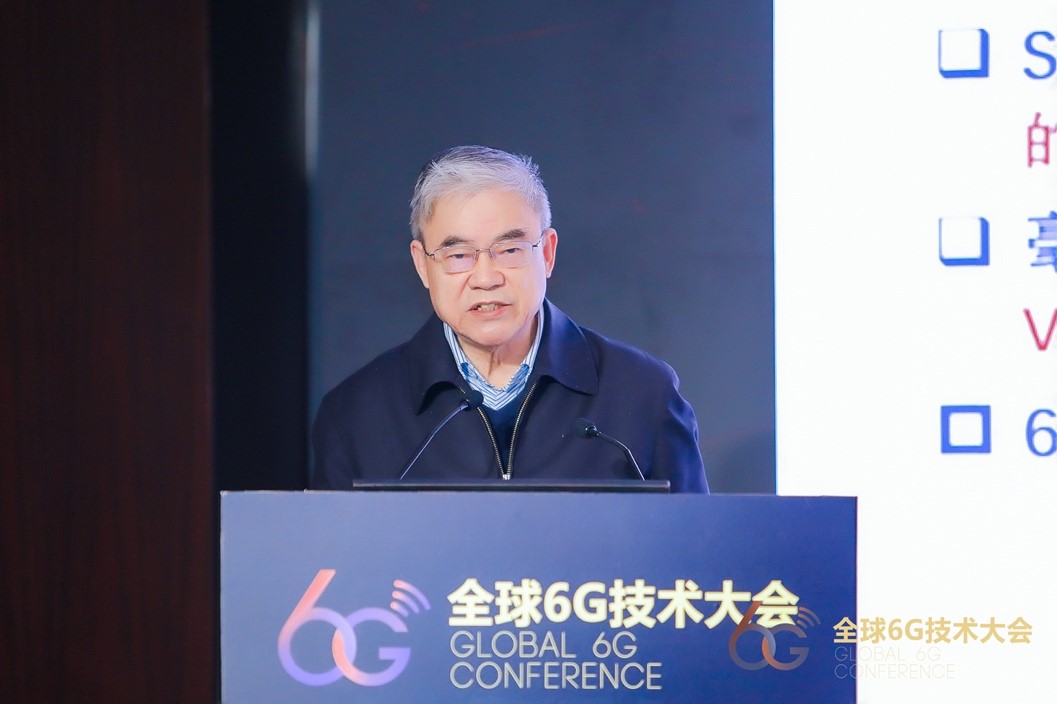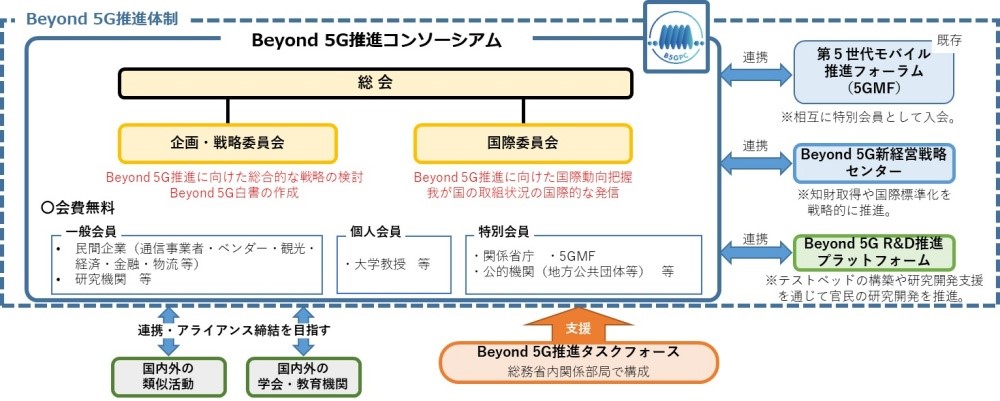6G, how can the communication industry tell attractive stories?

6G suddenly came like a spring breeze. Recently, the second "Global 6G Technology Conference" was held. Compared with the low-key first session, many heavyweight experts at this conference spoke out and gave more detailed elaboration on the technology and direction of 6G . 6G is no longer an ethereal concept, but a prospect to begin to pursue.
Of course, it cannot be said that the 6G era is about to start. It is widely expected in the communication industry that the official commercial use of 6G will wait until around 2030. The reason why 6G is being talked about so enthusiastically in the 5G era is an old tradition in the communications industry: discussing 5G in the 4G era and discussing 4G in the 3G era have all come through in this way, which can be called the "commercial generation, R&D generation".
It is believed that from the current point of view, the popularity of 6G will continue for many years, and it will not stop until it is put into commercial use. Then, the communication industry needs to tell two stories: first, facing the industry , believing that 6G technology has a bright future; secondly, facing the vast number of users, believing that 6G technology will bring great creativity to life, work, and economy. The slogan "4G changes life, 5G changes society" has been deeply rooted in the hearts of the people, so what can 6G change?

How does 3G/4G/5G tell a story?
To make 6G tell a compelling story, let's first review how 3G/4G/5G tells a story. To be honest, the main line of storytelling is nothing new. Media usually use download to describe it vividly: 3G network speed can download a piece of music in one minute, 4G network speed can download a movie in a few minutes, 5G network can download a movie in a few seconds...
These stories are not fully realized, in part because the media has misunderstood communication technology, often applying the theoretical speed of technology to reality, and the communication industry chooses to consciously or unintentionally agree with the exaggerated results. However, the user's perceived network speed is affected by multi-dimensional factors such as network deployment density, user scale, and terminal equipment, which is far from the theoretical network.
But in any case, 3G and 4G have undoubtedly profoundly changed people's lives and triggered the prosperity of the mobile Internet industry. At the beginning, 3G technology was known as "can make video calls", and it has become the WeChat video call, Douyin , etc. in the 4G era. Kuaishou and other national-level video applications. Users are also happy to support higher tariffs for faster internet speeds.
But this main line has become a bit reluctant in the 5G era. 5G network speed is 10 times faster than 4G, but users do not know what it can be used for. In short, 5G lacks "killer applications" on the consumer side. The communication industry no longer regards speed as the only selling point of 5G, but also emphasizes its low latency, high reliability, and large connection capabilities, and then vigorously explores the application prospects of 5G in vertical industries.
On the consumer side, the vitality of 5G is still more than 10 years old, and new story lines are still being conceived. Only the story of 5G can be told smoothly - the consumer side and the industry side, 6G has a story to tell .
Will the Metaverse be the new thread?
At this 6G Technology Conference, Wu Hequan, a heavyweight expert in the communications industry and academician of the Chinese Academy of Engineering, took the lead in questioning the logic of 6G's bandwidth enhancement. Wu Hequan pointed out that from 2G to 5G, each generation of mobile communication aims at bandwidth expansion. The peak rate of 5G has reached the level of 1Gbps of optical fiber, but the content development and the computing power of terminals are lagging behind. Is it still necessary for 6G to target massive speed increases?

Downloading is no longer the bottleneck of the network. The memory of that generation of users about the slow speed of the Internet is rapidly dissipating. The new generation of users is more concerned about the 100M Gigabit Internet speed. , what else can be done. Then, as a journalist, the first thing I think of is the popular "metaverse".
After all, betting on a trillion-dollar company on Zuckerberg is too much of a shock. Although in the short term, a full-scale entry into the Metaverse has brought huge financial losses to Meta (the Chinese name is Metaverse, and Facebook has changed its name), and the consequent sharp decline in stock prices, but what the Metaverse represents is not the same as the real world. The virtual world of mapping and interaction, through the enlightenment of VR/AR, has opened up the imagination space for the industry.
There are at least two core facilities of the metaverse: network and computing power. 5G and the metaverse have been talked about together to some extent. Regarding the relationship between 6G and the Metaverse, Wu Hequan commented that the Metaverse needs 6G, and the real-time interactive peak throughput of holographic display may reach 150Gbps/s. Even if the compression is 100 times, the average throughput will reach 1.5Gbps/s. It may reach the Tbps level, and 5G will be difficult to support. However, the Metaverse is a consumer-oriented application that may be extended to the industry, and is not a rigid need for 6G.
For the main story line, the topicality brought by the support capability of 6G is enough. After all, it is too old-fashioned to continue talking about downloading movies, and discussing the interconnection of everything, the integration of space, space, etc., is far away and lacks realism for users. Relatively speaking, the concept of the metaverse is very sexy. If it becomes synonymous with the new generation of mobile Internet in the future, 6G will be more attractive to users.
Of course, it's still very early days. According to the development law of the mobile communication industry, it will be around 2027 that 6G will really whet the appetite of consumers. It is hoped that at that time, the story logic of 5G has been explained. For example, the full coverage high-speed network based on 5G has realized a high degree of automatic driving and completely changed the transportation industry. Then there are more stories to tell about 6G.
5G success first, then 6G future
The mobile communication industry has been passed down from generation to generation. 6G is by no means a castle in the air, but is built on the strong infrastructure and commercial success of 5G. There will be no exceptions to this. Just like the current progress of 5G, it also relies heavily on the successful 4G network. Even in vertical industries, 4G has the power to expand the territory.
For example, Harish Viswanathan, a senior expert at Bell Labs, believed in an exclusive interview with C114 that 5G should transition smoothly to 6G, and then gradually switch to the latest technology. Xiang Jiying, chief scientist of ZTE, also pointed out that, similar to the early days of 5G research, many 6G technologies have been proposed in the industry, but only a small number of technologies will be adopted in the end, and most of them are enhanced rather than revolutionary technologies. 6G will develop on the shoulders of 5G.

Data map: Japan forms a Beyond 5G promotion alliance to fight for the right to speak 6G
Therefore, the focus of the communication industry is to promote the commercial success of 5G. This is a very big challenge. A China Telecom technical expert bluntly said that there is a "serious excess" of technology in the current network system. The communication industry's understanding and vision of the future are out of touch, including 5G, and it also looks at industry applications from its own standpoint, resulting in inability to match. The attraction of 6G to operators is to "do subtraction", simplify functions, and do a good job in communication itself.
For more than two years, 5G has not been able to occupy the "mind" of users, whether it is consumer or industrial. This is not surprising, because in the 2G/3G/4G era, my country is a chasing, and has mature experience to learn from, and in the 4G era, it has surpassed it with a robust industry chain and massive user resources. For the first time in the 5G era, it is in the position of a global leader, which in turn explores the path for the world, solves various "difficult and miscellaneous diseases", and promotes 5G to commercial success.
The world has also acted, showing unanimous recognition of the value of 5G. When the potential of 5G is fully tapped, and there are still problems that cannot be solved, that is when 6G comes into play.